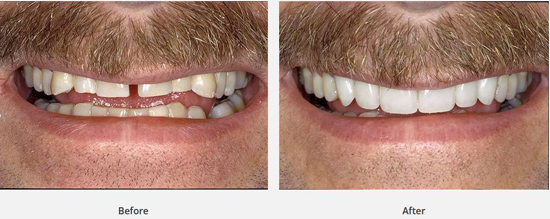How can I treat a tooth infection at home? I do not have dental insurance, so I need some advice. The toothache hurts daily, and yesterday, the swelling in my left cheek increased. What can I do for the infection until I save enough money to see a dentist? Rhoda
Rhoda,
How Can You Treat a Tooth Infection at Home?
You cannot treat a tooth infection at home because it is inside the tooth, which neither you nor antibiotics alone can reach. You need professional care from a dentist to remove the infection.
How Can You Treat a Tooth Infection?
A dentist must perform root canal treatment for a tooth infection. Although a dentist may prescribe antibiotics after root canal treatment, the medication alone will not eliminate the infection. Consider three reasons:
- Location of the infection – Antibiotics cannot remove the infection from the tooth pulp.
- Infection requires removal – A dentist uses instruments to perform root canal treatment and remove the infective tooth pulp. Without removing the infected tissue, the bacteria in your tooth will become antibiotic resistant. A dentist will protect your weakened tooth with a dental crown.
- Tooth infections spread – Untreated tooth infections spread to your gums, other teeth, jawbone, and even into your bloodstream, which can be deadly.
What If You Cannot Afford Root Canal Treatment?
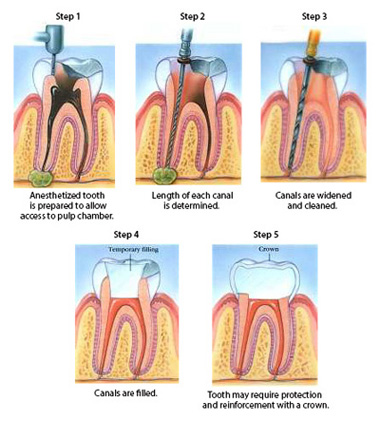
Only root canal treatment removes a tooth infection
If you cannot afford root canal treatment, allow a dentist to remove the tooth rather than let the infection spread. However, preserving a tooth has these benefits:
- A missing tooth causes neighboring teeth to drift into the space.
- Missing teeth can affect chewing or speech.
- Misaligned teeth can lead to earaches, headaches, jaw pain, and other TMJ disorder issues.
Consider a dental clinic
Look for a free or low-cost dental clinic in your area. Even if they don’t provide root canal treatment, they can extract an infected tooth to prevent the infection from poisoning your body.
Call dental offices
Call local dental offices to ask about payment plans or health care financing if you can pay for dental care in installments.
Your oral health and well-being are worth searching for options to eliminate a tooth infection even though you don’t have dental insurance.
Metairie cosmetic dentist Dr. Duane Delaune sponsors this post. Read details about how Dr. Delaune strives to provide some of the best dental care in Metairie.

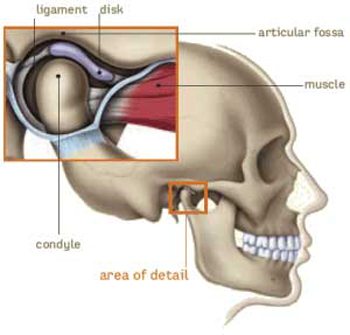
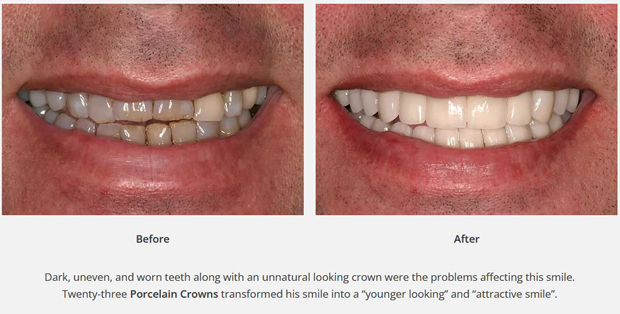
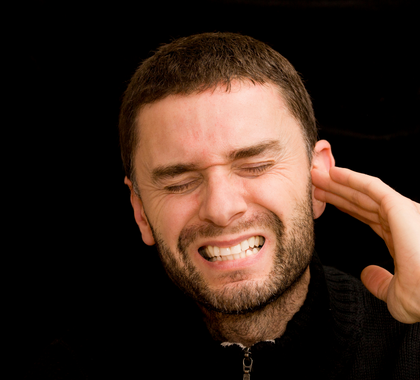 I am so tired of my TMJ ear pain. I’ve had sharp, shooting ear pain on and off for the past three years, and it’s getting worse. In 2019, I saw a massage therapist, which seemed to help, but I moved during Covid and have not gotten back on track. My therapist then recommended self-exercises and warm packs on the sides of my mouth. I’m beginning to have neck pain at night for the past month.
I am so tired of my TMJ ear pain. I’ve had sharp, shooting ear pain on and off for the past three years, and it’s getting worse. In 2019, I saw a massage therapist, which seemed to help, but I moved during Covid and have not gotten back on track. My therapist then recommended self-exercises and warm packs on the sides of my mouth. I’m beginning to have neck pain at night for the past month. Earlier this month, I had two impacted wisdom teeth removed, and I wonder if something about the procedure gave me TMJ. It’s been three weeks since my oral surgery, and the right side of my face, where the teeth were extracted, is still numb. It hurts when I try to open my mouth wide, and I have numbness on the side of my tongue. I called the oral surgeon’s office, and the receptionist quickly responded and said it takes time for the nerves to heal. I am still uncomfortable with the receptionist’s answer because she didn’t offer to ask the oral surgeon to return my call. She answered me too quickly. Before I call the office again, is the receptionist correct? Should I be concerned? Are any of my symptoms related to TMJ? Thank you. Joan from Colorado
Earlier this month, I had two impacted wisdom teeth removed, and I wonder if something about the procedure gave me TMJ. It’s been three weeks since my oral surgery, and the right side of my face, where the teeth were extracted, is still numb. It hurts when I try to open my mouth wide, and I have numbness on the side of my tongue. I called the oral surgeon’s office, and the receptionist quickly responded and said it takes time for the nerves to heal. I am still uncomfortable with the receptionist’s answer because she didn’t offer to ask the oral surgeon to return my call. She answered me too quickly. Before I call the office again, is the receptionist correct? Should I be concerned? Are any of my symptoms related to TMJ? Thank you. Joan from Colorado